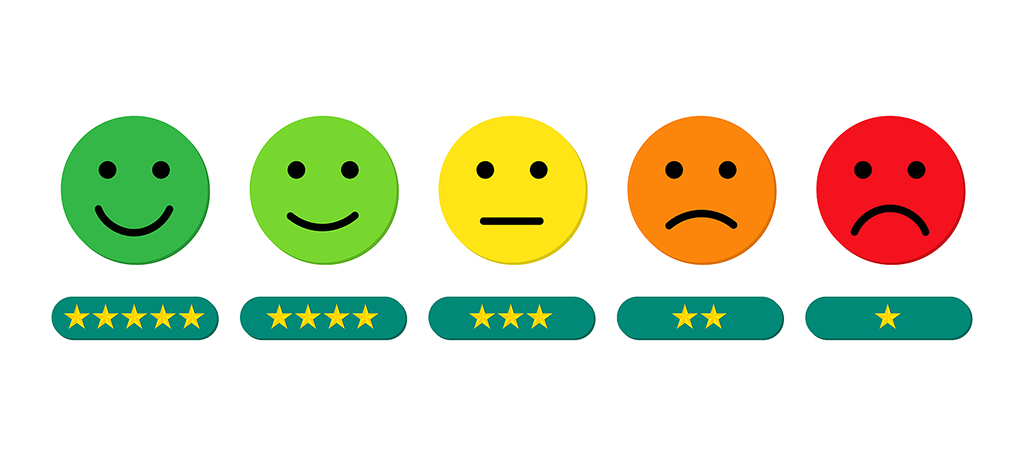Cloud gaming is the natural evolution of the gaming industry, but is it good for the environment? A study by Lancaster University found that video game streaming could result in a 30% emissions increase in certain scenarios.
Multiple services already exist for cloud gaming including Playstation Now, Google Stadia, and now even Microsoft is adding a game streaming service to its Xbox Game Pass. These services allow gamers to play hundreds of games from a variety of devices for one price.
However, as cloud gaming services become more popular, they will have a much larger impact on electricity usage.
What is Cloud Gaming?
Cloud gaming is a streaming service for video games in which the games are running on a server in a different location and streams them directly on the gamer’s device. This allows customers to play the game without owning it or the hardware required to run them.
The only requirement is a stable internet connection and purchasing the subscription.
This is very similar to the movie streaming services such as Netflix or Hulu, but gaming is far more intensive than movie viewing. Thus, the server that handles these types of requests must be more powerful.
As a result, they use more electricity.
Is It Really Bad?

While electricity usage is sure to increase, there are many benefits that should not be ignored.
First and foremost, gamers will have less need for physical hardware in their homes. This means less plastic waste (systems and game cases), less electricity usage on the manufacturing side, and makes gaming more accessible to the world.
While the servers may be using more electricity than before, homes may not. Since these servers are doing all of the “heavy lifting,” the devices you use to stream them on don’t have to use nearly as much. As it stands, about $10 billion dollars is spent on electricity for gaming PCs alone.
That number would certainly drop if it was no longer necessary.
Gamers currently spend hours downloading patches and games that are now regularly hitting the 100GB mark. As a result, systems are being left in rest mode and other low power modes instead of being turned off.
This would not be an issue if more gamers used a cloud gaming service, thus more electricity can be saved.
However, it should be noted that these estimates were based on the current streaming standards of 720p and 1080p. If 4k streaming catches on, electricity usage could be even bigger.
Electricity Usage Can be Fully Mitigated
What’s most important in the future is where the energy comes from. Microsoft already plans to go carbon negative by 2030, and their data centers are already carbon neutral. With Google Stadia boasting carbon neutral servers as well.
If these companies can utilize renewable energy, the negative effects can be fully mitigated.


